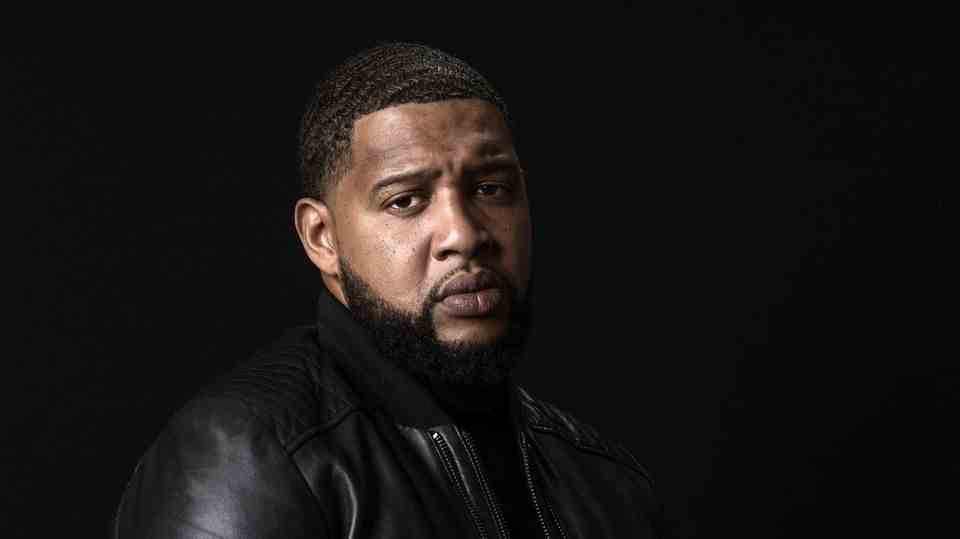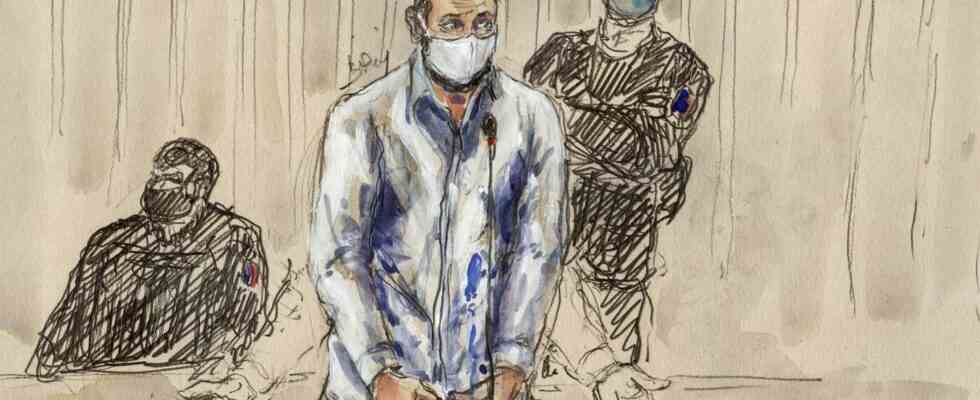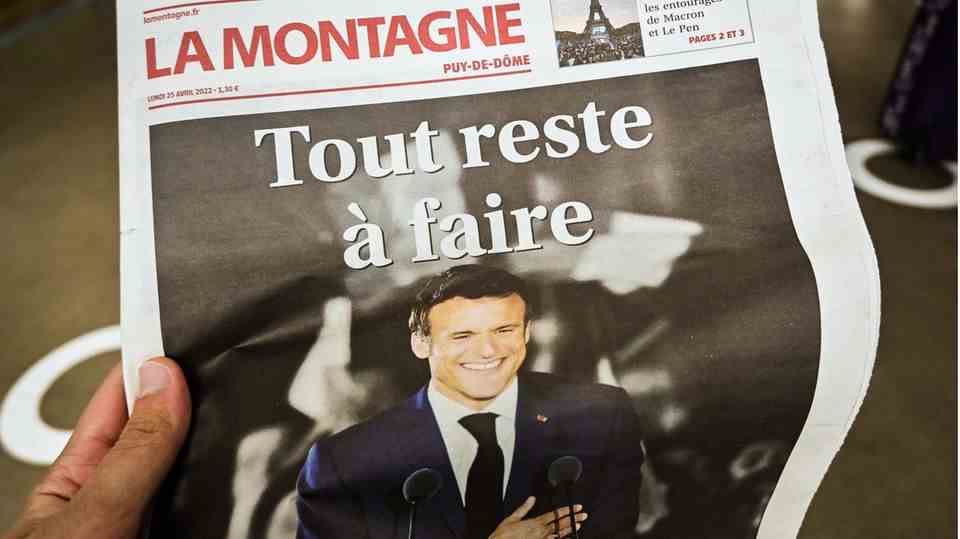attacks in Paris
Pronouncement of judgment is imminent: the horror became apparent. What questions still remain
“I’m on the side of IS. I love it”: the main accused Salah Abdeslam
© Benoit Peyruco / AFP
The Paris attacks of November 2015 that killed 130 left deep wounds in France. In the process, the horror of the night of terror was revived for survivors, relatives and the country. In the end, many keep looking for answers.
For weeks, the horror and fear of the survivors of the Paris attacks were at the center of the trial surrounding the night of terror in November 2015. As was the difficult path to life afterwards, including for the relatives. Across from them sat 14 defendants in the heavily secured Paris Palace of Justice, most of whom remained silent. Six other men are being tried in absentia. There are hardly any answers to the questions of why, how people can do this to others. Questions about the string pullers and other plans of the Islamic State (IS) terrorist militia also remained unanswered. The verdicts are due this Wednesday.
Since September, the mammoth trial has unfolded the series of attacks of November 13, 2015 in over 130 days of negotiations. Islamist extremists killed a total of 130 people and injured another 350. They massacred the Bataclan concert hall and shelled bars and restaurants in the east of the French capital. In addition, three suicide bombers blew themselves up during an international football match between Germany and France at the Stade de France. The attacks, which the IS claimed for themselves, hit France to the core. They caused horror around the world.
Hardly any regrets or compassion
Remorse, sympathy, or a sign of responsibility, all of these were heard little, if at all, from the defendants. Instead, the joint plaintiffs had to endure the self-righteous-sounding remarks of the sole survivor of the terror squad, Salah Abdeslam. “We attacked France, we targeted the population, civilians, but personally we have nothing against them,” said the main defendant. The West imposes its values on the rest of the world, setting up military bases in Muslim countries and killing Muslims from there. The IS is fighting against this. “I think that’s legitimate,” said the 32-year-old. “I’m on the side of IS. I love it.” In his final statement earlier this week, he said: “It’s true I’ve made mistakes, but I’m not a murderer.”
As a witness in court, then-President François Hollande justified France’s fight against Islamist terror. “They have been at war with us, and we responded to that,” Hollande said. France was attacked mainly because of its way of life. The goal was to destabilize the country and dissuade it from engaging in Syria and Iraq. Hollande apologized to the victims and their families for failing to prevent the attacks. The threat was known, but the crucial information was missing. “We didn’t know when, how and where they would strike.”
There was no convincing resolution at trial to the long-standing issue of Abdeslam’s unexploded explosive belt, which led him to survive and then discard the belt in a suburb. “I chose not to fire the belt, not out of fear, it was my choice,” he said. However, an expert said that the vest was not functional due to several defects. The prosecution also assumes that Abdeslam did try to detonate the vest, but it did not work.

Often only vague answers from Belgian terrorist investigators
The process also shed light on the terror search in Belgium, from where the command of November 13 traveled from Brussels. “We didn’t twiddle our thumbs,” said prosecutor Isabelle Panou, who took over the investigation in Belgium just hours after the attacks. However, the authorities in the neighboring country were subsequently accused of mistakes and omissions. The fact that the Belgian investigators testified anonymously in the process via video link and only provided vague answers to a number of questions caused displeasure among the joint plaintiffs.
When the verdicts come down on Wednesday, the accused face years of sentences, up to life imprisonment. The prosecution called for between five years imprisonment and life imprisonment – in the case of Abdeslam without the possibility of a reduction in his sentence. He was sentenced to 20 years in prison in Belgium for shooting at the police shortly before his arrest. The accused are said to have obtained papers, driven Abdeslam out of the country or, in two cases, been prevented from assassinating.
France will continue to deal with the painful process of coming to terms with Islamist terror even after the end of the trial. Another attack will soon be tried in the same courtroom – from Nice in southern France just eight months later. On July 14, 2016, the national holiday, 86 people died when a truck drove amok on the beach promenade. IS also claimed responsibility for this act.


